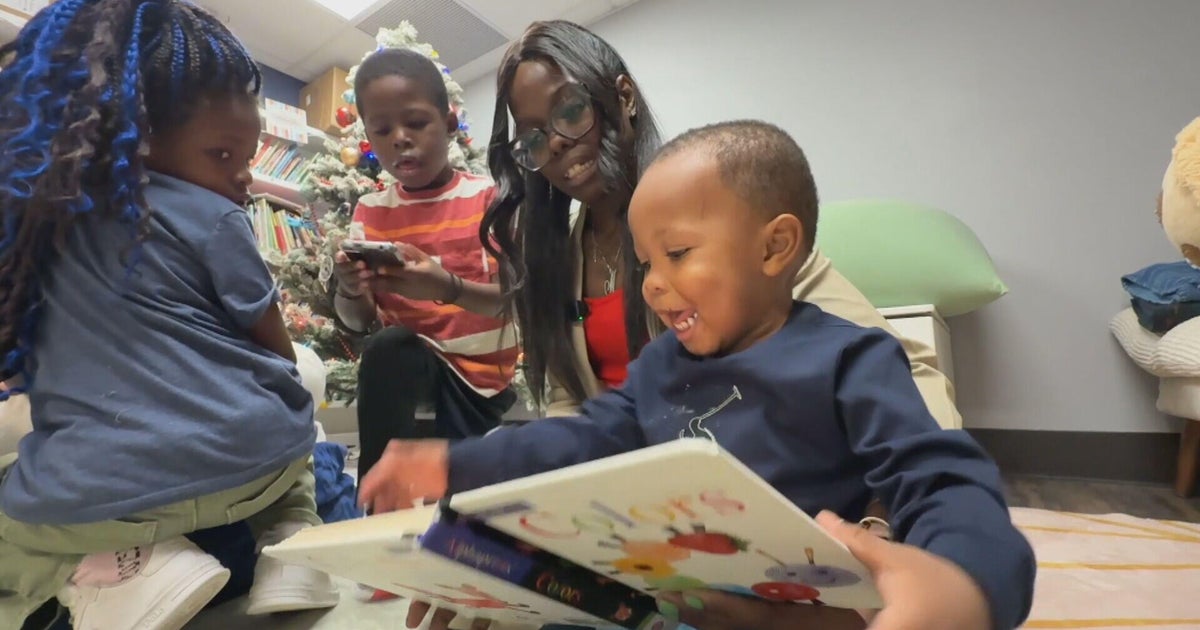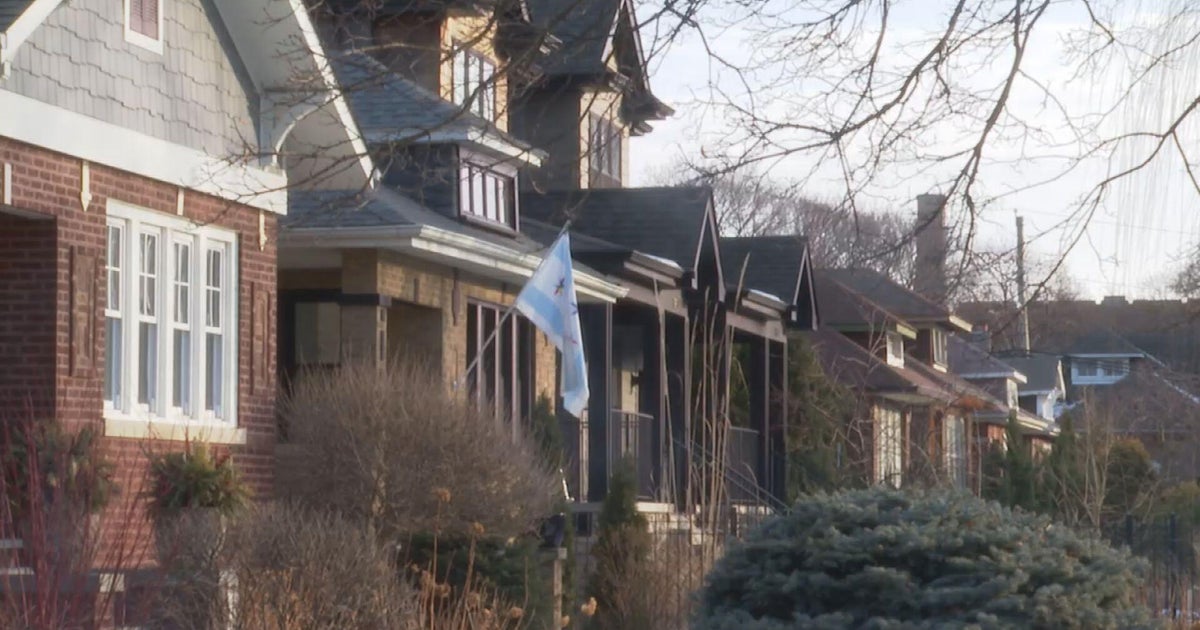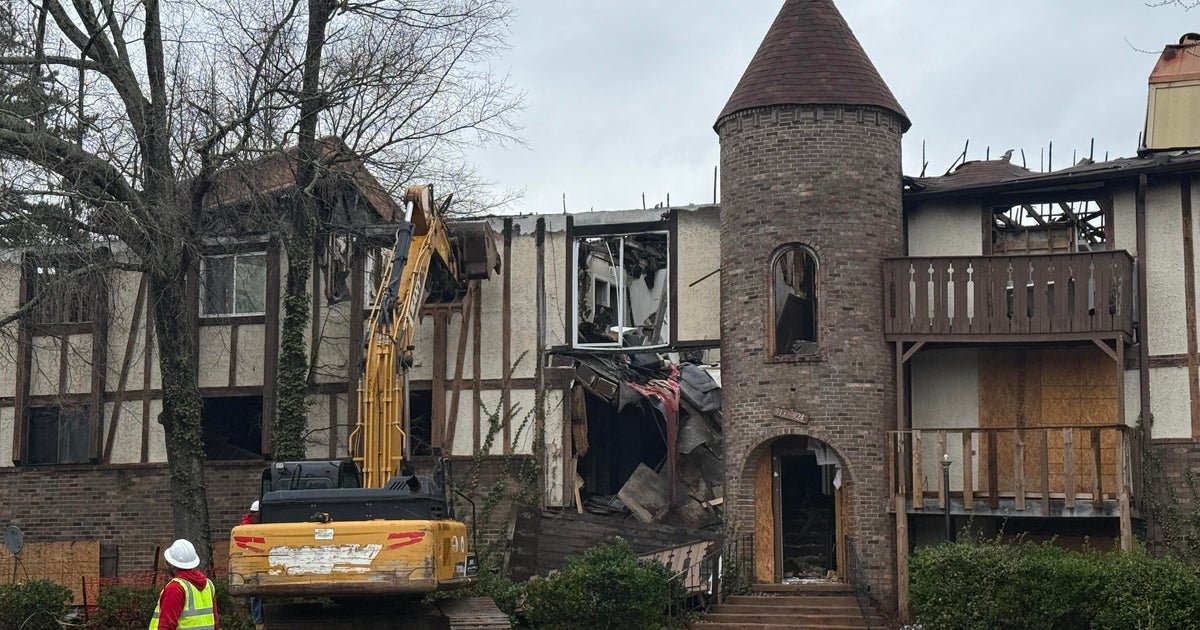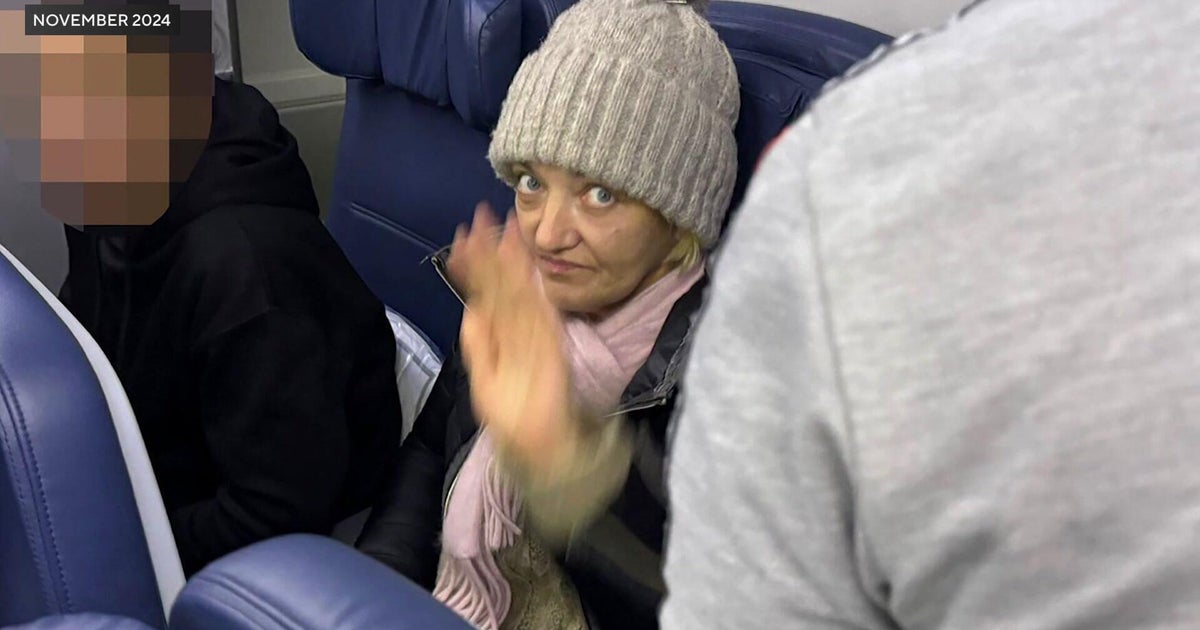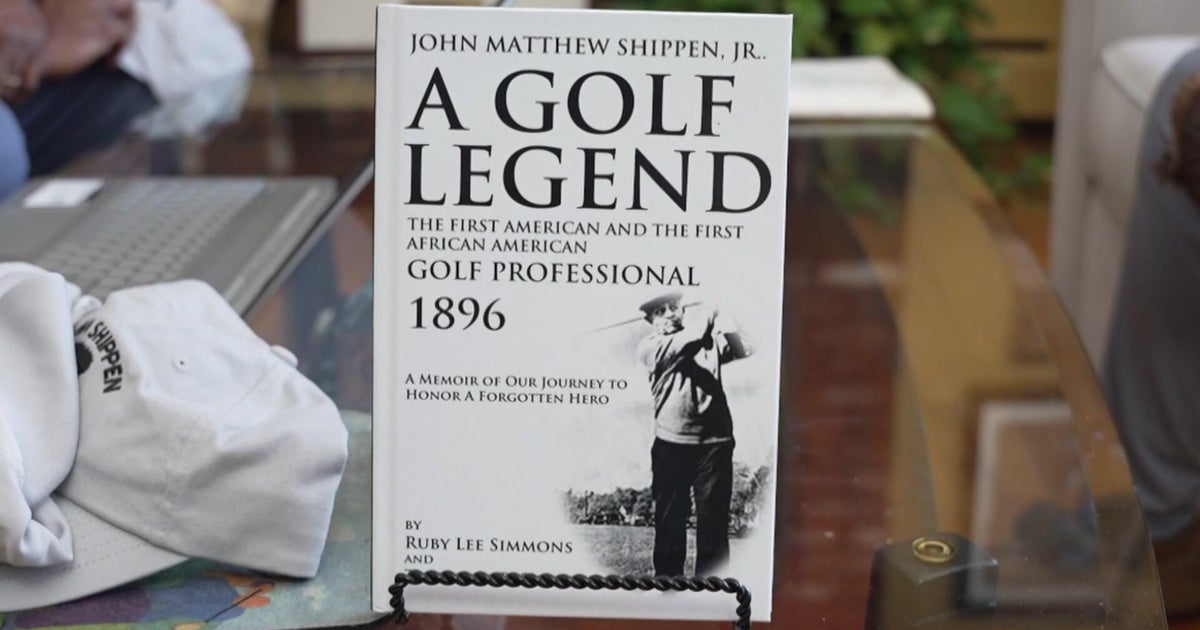Celebrate International Vulture Day At The Denver Zoo
DENVER (CBS4)- Come to the Denver Zoo and celebrate International Vulture Day with some underappreciated feathered friends on Saturday.
The Denver Zoo will teach visitors about the vital role vultures play in the ecosystem as well as the global conservation work the Denver Zoo does to protect them.
Visitors will get the chance to get up close with some of the birds of prey, watch a focus on vultures at the Wildlife Show at the zoo and see vulture feedings.
The activities include:
10 a.m. to 2 p.m. - Vulture Activity Station (Pachyderm Building)
Wildlife Show (Conoco Wildlife Theater):
10:45 a.m. & 1:30 p.m.
See our vulture stars in action and discover how they're connected to the environment.
11 a.m. – Egyptian vulture demonstration (Primate Panorama Forest Aviary)
Keeper Talks:
11:30 a.m. – Cinereous vulture keeper talk (Nurture Trail)
Learn about cinereous vulture biology and our bird keepers' involvement in the Mongolian Raptor research project.
Noon – Andean condor keeper talk (Bald eagle and Andean condor exhibit)
Zookeepers will discuss the zoo's conservation of this New World vulture through breeding and reintroduction efforts.
2:15 p.m. – Cinereous vulture training session (Pachyderm Building)
Feedings:
3 p.m. – Cinereous vulture feeding (Pachyderm Building)
3:40 p.m. – Cinereous vulture feeding (Nurture Trail)
The Denver Zoo is also hosting an International Vulture Awareness day celebration in Botswana where similar events are scheduled.
Additional Information from the Denver Zoo:
Denver Zoo has worked alongside local partners, implementing vulture conservation in Botswana, for the past five years. To date, Denver Zoo has fitted more than 20 vultures, from five different species, with satellite transmitter backpacks; three of which are critically endangered species (white-backed, white-headed and hooded), and two species of which are classified as endangered (lappet-faced and cape). Because various forms of poisoning in the country threaten vultures, the Zoo has led efforts to understand key aspects of vulture ecology. With the help of local staff, students and partners, the Zoo's field staff has documented more than 40 vulture poisonings and has worked with several communities, reaching hundreds of participants to advocate on poison issues and deliver impactful and action-oriented vulture conservation programs.
In addition, Denver Zoo and its partners have spent the past 20 years working at the Ikh Nart Nature Reserve, in Mongolia, to protect raptors. Ikh Nart has been designated by BirdLife International as an "important bird area" due to high densities of nesting raptors, particularly lesser kestrels and cinereous vultures. To date, more than 55 Eurasian black vultures and 270 cinereous vultures' fledglings have been wing tagged. In 2016, 10 adult Cinereous vultures were radio collared to better understand their breeding, nesting ecology, movement and dispersal ranges.
Denver Zoo is home to ten vultures. Two cinereous vultures, female Aztai and male Drogo, live near the Pachyderm Building. Aztai came from Ikh Nart, where she was found injured with a broken wing. Aztai and Drogo were paired by recommendation of AZA's Species Survival Plan (SSP), which ensures healthy populations and genetic diversity among zoo animals. Cinereous vultures, male Big Irv and female Large Marge, are housed at the Zoo's Nature Walk. A black vulture female, named Igor, and a king vulture male, named Champ, are part of the Zoo's Wildlife Show. Egyptian vultures, male Jones and female Indy, are at Primate Panorama's Forest Aviary. Two cinerous vultures, females Larsonette and Valkyrie, are housed behind-the-scenes.
Recently, Denver Zoo became an Association of Zoos and Aquariums (AZA) Saving Animals From Extinction (SAFE) Member- Sponsor Species (SMSS) for African vultures. AZA SAFE focuses the collective expertise within accredited zoos and aquariums to educate their audiences to save species. The SMSS program looks to protect threatened animals by building on established recovery plans and engaging the public, among other efforts. Denver Zoo, in partnership with North Carolina Zoo and San Diego Zoo Global, are proud to be one of the first SMSS and welcome the opportunity to spread awareness about African vulture conservation.

